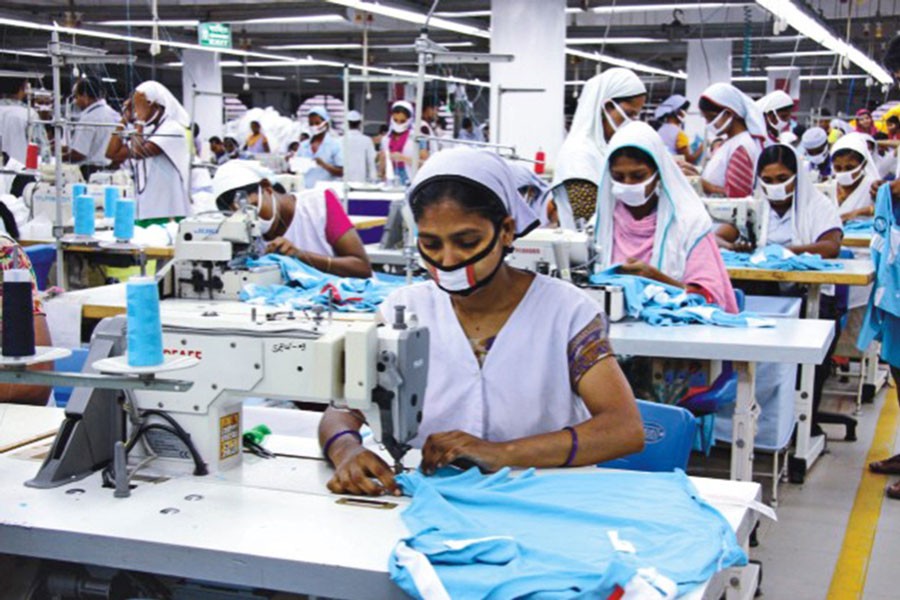The Bangladesh Investor Initiative has called on the government and apparel makers to allow Accord to work independently during its transition period and extend its activities in all factories of the garment sector.
The initiative, a coalition of some 250 global institutional investors, has also requested global brands to actively participate in the proposed RMG Sustainability Council and drive sustainable change to eliminate the risks to workers and ensure that this programme maintains the same standard of transparency, independence and enforcement as the Accord has practised for six years.
"To be effective during the upcoming transition period, the Accord needs its independence in order to fulfil its mandate and protect the lives of workers," said a statement issued by the investors on May 30.
The BGMEA unit's role within the Accord cannot come with restrictions on the Accord's operations; rather it should be limited to gaining a clear understanding of the Accord's systems, operations and protocols in order to be ready for the transfer of these functions at the end of the year, they added.
"As investors, we will be assessing how this process develops, looking for any actions on the part of Bangladesh Garment Manufacturers and Exporters Association (BGMEA) that undermine the Accord's independent decision-making as well as its core mission of inspecting, remediating and when necessary, terminating factories that have failed to remediate issues."
The Bangladesh Investor Initiative is made up of 250 global institutional investors representing over $4.5 trillion in assets under management and coordinated by the Interfaith Center on Corporate Responsibility (ICCR).
It has been a strong proponent of the Accord since its inception in 2013 and investors have advocated for the Accord's continuation until the government of Bangladesh fully builds the necessary capacity to take on this programme.
Earlier on May 19, the High Court allowed Accord to operate for 281 days in the country's readymade garment industry after BGMEA and Accord reached an agreement.
The agreement enables the Accord to operate in Bangladesh for one more year and provides for a BGMEA team to work closely with the Accord to learn the core functions of Accord operations.
After 13 months, a new structure, the RMG Sustainability Council, will be established to implement all aspects of the Accord operations including inspections, remediation, safety training of workers, complaint mechanism and public reporting.
As of yet, research shows that the government is far from ready, the investors said, adding that it is critically important to get assurance that the new RMG Sustainability Council will operate on the same principles and criteria that make the Accord so credible in keeping the workers safe.
The Accord has had a successful track record for over six years, implementing a rigorous inspection regime, remediation plans, worker safety training, an effective grievance mechanism and terminating factories that, after repeated opportunities, have not remediated issues found.
"Public reporting on the status of each factory on a regular basis has also been an essential component of the Accord," they said in the statement.
The governance structure, with brands and trade unions equally represented on the Steering Committee and NGOs as signatories, is a model that has worked well in overseeing this legally-binding agreement and the substantive restructuring of the garment sector to ensure that safety measures are in place in factories, they added.
The RMG Sustainability Council will include global brands, global and national trade unions and the BGMEA.
"The details have yet to be worked out and the investor community will be evaluating whether the governance structure affects the important role that labour has had as an equal decision-maker and whether the quality of the worker training and the independence and transparency of the safety inspections or remediation and grievance mechanism are maintained," the statement said.


